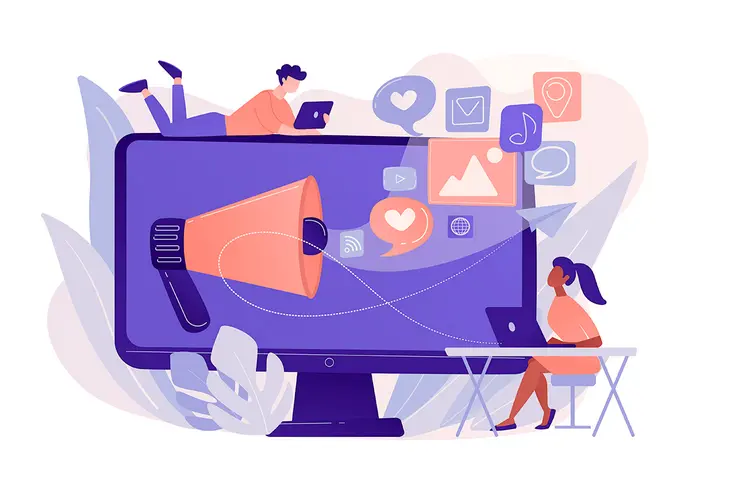
The Importance of Work-Life Balance: Nurturing Well-being in a Busy World
- Admin
In today's fast-paced and interconnected world, finding a balance between work and personal life has become increasingly challenging. Yet, achieving a healthy work-life balance is essential for nurturing overall well-being, reducing stress, and enhancing productivity and fulfillment. In this article, we'll explore the importance of work-life balance and share practical strategies for achieving harmony in both professional and personal spheres.
Understanding Work-Life Balance
Work-life balance refers to the equilibrium between the demands of work and the pursuits of personal life, including relationships, health, hobbies, and leisure activities. It involves allocating time and energy to both domains in a way that promotes overall happiness, satisfaction, and fulfillment.
The Impact of Work-Life Balance
Enhanced Well-being: Maintaining a healthy work-life balance is crucial for preserving mental, emotional, and physical well-being, reducing the risk of burnout, exhaustion, and chronic stress.
Increased Productivity: Striking a balance between work and personal life enhances productivity and performance, as it allows individuals to recharge, rest, and rejuvenate, leading to improved focus, creativity, and efficiency.
Stronger Relationships: Prioritizing time with family, friends, and loved ones fosters stronger relationships and deeper connections, enriching one's social support network and overall quality of life.
Improved Health: Achieving work-life balance supports better health outcomes, including reduced risk of chronic diseases, improved sleep quality, and greater overall vitality and energy levels.
Greater Satisfaction and Fulfillment: Balancing work and personal life leads to greater satisfaction and fulfillment in both domains, as individuals have the opportunity to pursue their passions, hobbies, and interests outside of work.
Strategies for Achieving Work-Life Balance
Set Boundaries: Establish clear boundaries between work and personal life by defining set hours for work, unplugging from devices during non-work hours, and resisting the urge to check emails or messages outside of designated times.
Prioritize Self-Care: Make self-care a priority by incorporating regular exercise, healthy eating habits, adequate sleep, and relaxation techniques into your daily routine to support physical and mental well-being.
Delegate and Outsource: Delegate tasks at work and at home to lighten your load and free up time for activities that bring you joy and fulfillment, whether it's spending time with loved ones or pursuing hobbies and interests.
Schedule Downtime: Block out time in your calendar for leisure activities, hobbies, and relaxation, treating them with the same level of importance as work commitments to ensure they are prioritized and honored.
Communicate Effectively: Communicate your needs and priorities with your employer, colleagues, and family members, setting realistic expectations and boundaries to ensure that work and personal life are in balance.
Conclusion
Achieving work-life balance is essential for nurturing overall well-being, reducing stress, and enhancing productivity and fulfillment in all areas of life. By understanding the importance of work-life balance and implementing practical strategies to achieve harmony between work and personal life, individuals can lead happier, healthier, and more fulfilling lives. So, prioritize work-life balance, and watch as it transforms your life for the better, allowing you to thrive both professionally and personally.
